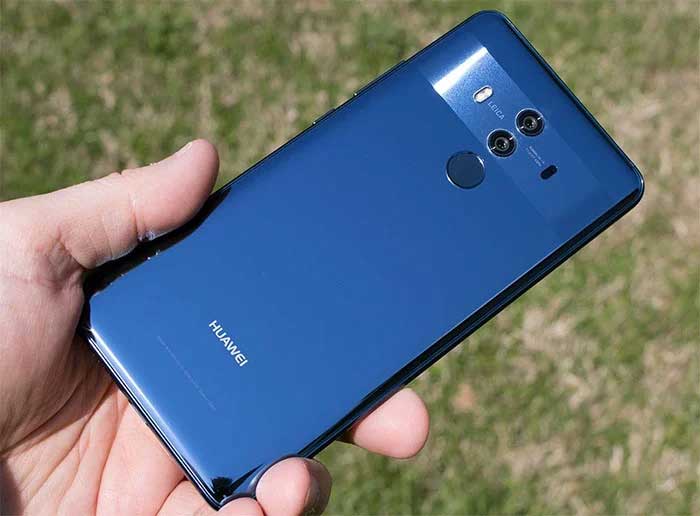Huawei Devices Banned From Using microSD Cards As U.S. Smackdown Continues
Things keep on getting worse for Huawei. We mentioned Friday that Microsoft had pulled all of Huawei's laptops from the Microsoft online store. Huawei has also seen the Trump administration ban result in its losing access to Google's Android operating system, Intel computer chips, Qualcomm chips, and ARM designs. The bans go so far as to make it so that Huawei can't develop its in-house chips that use tech covered in patents that originated in the U.S.

Huawei has been de-listed from the SD Association and no longer appears on its list of members. That means that Huawei can no longer officially use microSD cards or microSD slot in its devices. The ban doesn't impact the smartphones Huawei already has on the market, but it will impact upcoming devices. Android devices commonly have microSD card slots, and that is seen by many as one of the big benefits of Android devices over iPhones.
The SD Association is the non-profit that controls the standards for SD products. It controls all formats from full-size SD to the microSD cards used in smartphones. Companies who aren't a member can't officially produce smartphones, tablets, or other devices using the standards or media. It's also worth noting that Huawei had previously been moving away from microSD cards and slots to something it developed in-house called NanoMemory. It's unclear if that NanoMemory tech uses any patents that might be restricted.
Huawei has also been "temporarily restricted" from the Wi-Fi Alliance. That doesn't mean that Huawei can't use Wi-Fi tech; it only means that it can't contribute to the standards until the ban is lifted. Huawei could likely survive the loss of Windows software, but the loss of access to Android is a major blow, and losing access to the microSD card standard adds to the barrage of blows Huawei is under.

